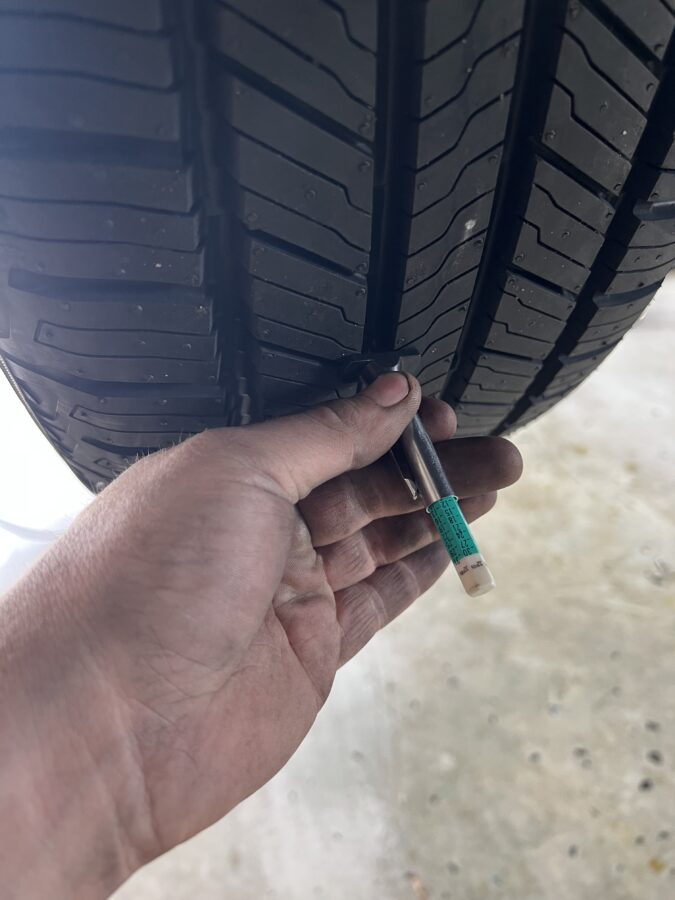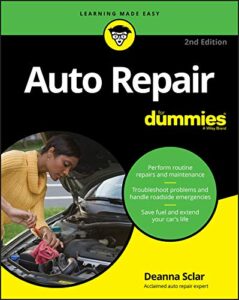Since we are in the winter months, I figured I would shed some light on the subject of tire pressure and why tires lose pressure. Before I get into that, I have an article on tire maintenance which explains how to take measurements of your tires and check for wear which you can find by clicking here.
Have you ever been riding around and all of a sudden that stubborn tire light comes on? Well, as a technician I see them on a daily basis and even more so in the winter months. So, why does a tire lose pressure? Besides the obvious reason of having a puncture or leaking valve stem, tires actually do lose pressure on there own. Any time you have pressure between metal and a rubber surface, you will have the chance of losing pressure. For a good example, air is more dense in the winter months. When you first start your car in the morning, your tire pressure is probably less than what it is rated. When you start driving and the rubber heats up, the air becomes less dense and the pressure expands becoming back to what the tire is rated for (as long as your pressures were good in the first place). It’s always better to drive around a bit and let the tires heat up before checking the pressures and adding air. It’s also been proven that a tire will naturally lose 1psi of air every month. Keep in mind that tire sensors generally will activate a tire light when your rated tire pressure drops 25%.
Let’s talk about nitrogen for a second and is it worth putting in your tires? The simple answer is no. If you were flying a plane or were driving an armored vehicle, you may want to add nitrogen to those tires but for a regular car / truck / SUV nitrogen is not needed. The main reason being that the air we breath is already 78% nitrogen. When you use a nitrogen machine all that is doing is sucking the air out of the tire and filtering the small 22percent to make it 100 percent nitrogen which is (in my opinion) pointless. That being said, if you still wanted to put nitrogen in your tires, you would experience just a little bit less of tire pressure loss.
So, because we tend to lose 1psi per month on our tires, it’s always good practice to check them monthly (even weekly if you prefer). I tell the new lube technicians all the time to always set tire pressures because just because a tire light is not on doesn’t mean the tires are set to the correct pressures. If you read the article I posted in the first paragraph, it’ll explain how underinflated and overinflated tires can prematurely cause tire wear and ruin your tires.
If you routinely check your tires, you should see all tires being at or around the same pressures because they will lose pressure evenly. If you find that one or two tires are a bit lower than the others, you may want to do a quick check and make sure you don’t have a slow leak from a puncture or leaking valve stem.
I hope this article was informative and if you have any questions you can contact me by the contact page.



